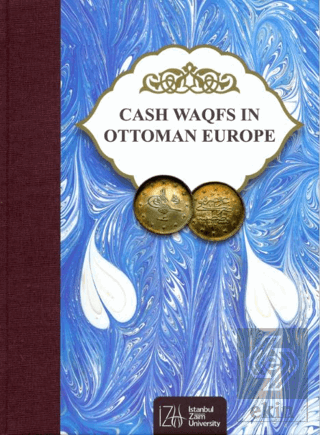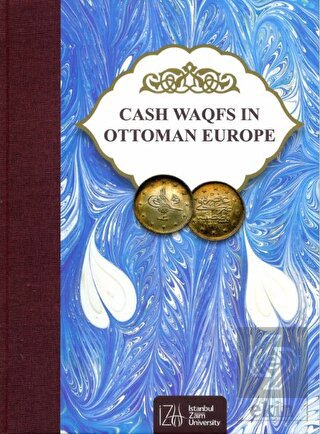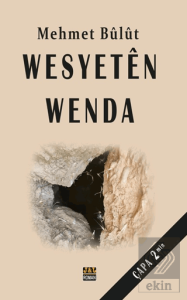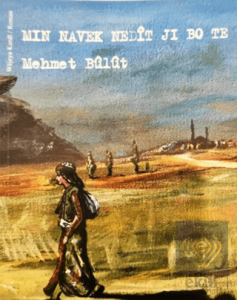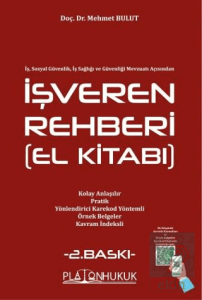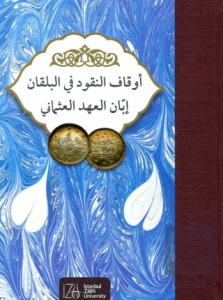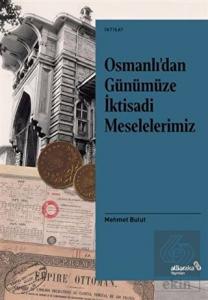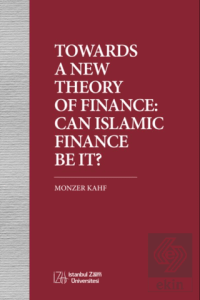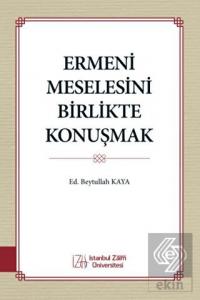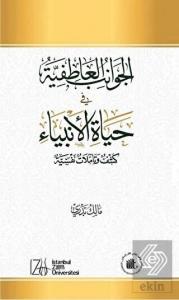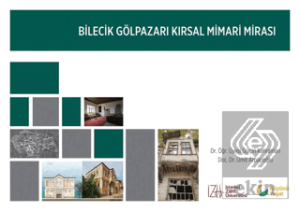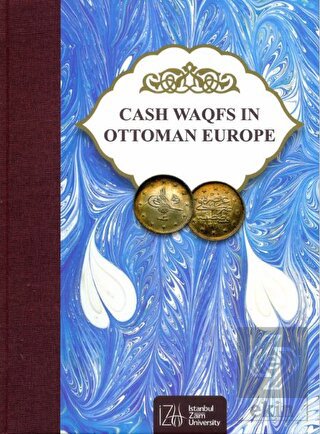
Foundations are at the forefront of the institutions developed by the Ottomans. Considering the needs of people and even other beings, the Ottomans established foundations in many fields from education to arts, from health to public works, from culture to trade and finance.
One of the types of foundations included in the foundations and accepted as the original inventions of the Ottomans is the cash foundations (vakf-ı nukud). One of the distinctive features of the Ottomans that distinguishes them from other states and civilizations is that they established and developed cash foundations, which are financial institutions that are compatible with their own value system and worldview and compatible with their understanding of civilization, against modern capitalism and its interest-bearing financial institutions, modern banks. The fact is that they have spread to almost every part of the country in the process. These institutions, besides meeting individual and institutional needs in social, cultural, economic and financial fields, with the understanding of foundation, which plays a role as the third sector apart from the public and private sectors, as well as the social "balance" that the Ottomans cared most, and the long-term economic and financial "stability". It can be said that it plays a vital role in its maintenance.
The Ottomans established and developed cash foundations in the period when capitalism as a modern system in Europe began to be built and interest-bearing financial institutions, which were considered as one of its most basic institutions and the engine of the system, began to take shape. These institutions first emerged next to Europe, in Ottoman Rumelia, and in the following periods, they became widespread in Western Asia, North Africa and other parts of the state, especially in Anatolia, and continued to develop until recently.
Studies were carried out on the money foundations established in the Ottoman period, which were based on certain cities before. However, the project work, which includes the money foundations established in all Ottoman Europe (Rumeli), in this breadth and scope from its foundation to its development, is being carried out for the first time. In this study, based on the documents in the archives of the General Directorate of Foundations, the endowments containing money foundations belonging to the Ottoman period in Turkey (Edirne, Tekirdağ, Kırklareli), Albania, Bosnia and Herzegovina, Bulgaria, Kosovo, Macedonia, Romania, Serbia and Greece are written in Ottoman Turkish and Arabic. It was translated into modern Turkish from In addition, Turkish, English and Arabic summaries were prepared for each endowment.
The first volume, in which the subject was explained in detail, was published with the title "Takdim (Introduction).
The cash foundations in Edirne, Kırklareli, Tekirdağ, Albania, Bosnia-Herzegovina, Kosovo, Bulgaria, Macedonia, Romania, Serbia and Greece were described in 11 volumes. This important work was completed in 12 volumes.
The first volume "Takdim" has been translated into English and Arabic.
Foundations are at the forefront of the institutions developed by the Ottomans. Considering the needs of people and even other beings, the Ottomans established foundations in many fields from education to arts, from health to public works, from culture to trade and finance.
One of the types of foundations included in the foundations and accepted as the original inventions of the Ottomans is the cash foundations (vakf-ı nukud). One of the distinctive features of the Ottomans that distinguishes them from other states and civilizations is that they established and developed cash foundations, which are financial institutions that are compatible with their own value system and worldview and compatible with their understanding of civilization, against modern capitalism and its interest-bearing financial institutions, modern banks. The fact is that they have spread to almost every part of the country in the process. These institutions, besides meeting individual and institutional needs in social, cultural, economic and financial fields, with the understanding of foundation, which plays a role as the third sector apart from the public and private sectors, as well as the social "balance" that the Ottomans cared most, and the long-term economic and financial "stability". It can be said that it plays a vital role in its maintenance.
The Ottomans established and developed cash foundations in the period when capitalism as a modern system in Europe began to be built and interest-bearing financial institutions, which were considered as one of its most basic institutions and the engine of the system, began to take shape. These institutions first emerged next to Europe, in Ottoman Rumelia, and in the following periods, they became widespread in Western Asia, North Africa and other parts of the state, especially in Anatolia, and continued to develop until recently.
Studies were carried out on the money foundations established in the Ottoman period, which were based on certain cities before. However, the project work, which includes the money foundations established in all Ottoman Europe (Rumeli), in this breadth and scope from its foundation to its development, is being carried out for the first time. In this study, based on the documents in the archives of the General Directorate of Foundations, the endowments containing money foundations belonging to the Ottoman period in Turkey (Edirne, Tekirdağ, Kırklareli), Albania, Bosnia and Herzegovina, Bulgaria, Kosovo, Macedonia, Romania, Serbia and Greece are written in Ottoman Turkish and Arabic. It was translated into modern Turkish from In addition, Turkish, English and Arabic summaries were prepared for each endowment.
The first volume, in which the subject was explained in detail, was published with the title "Takdim (Introduction).
The cash foundations in Edirne, Kırklareli, Tekirdağ, Albania, Bosnia-Herzegovina, Kosovo, Bulgaria, Macedonia, Romania, Serbia and Greece were described in 11 volumes. This important work was completed in 12 volumes.
The first volume "Takdim" has been translated into English and Arabic.
| Taksit Sayısı | Taksit tutarı | Genel Toplam |
|---|---|---|
| Tek Çekim | 294,00 | 294,00 |
| 2 | 152,88 | 305,76 |
| 3 | 105,84 | 317,52 |
| Taksit Sayısı | Taksit tutarı | Genel Toplam |
|---|---|---|
| Tek Çekim | 294,00 | 294,00 |
| 2 | 152,88 | 305,76 |
| 3 | 105,84 | 317,52 |

